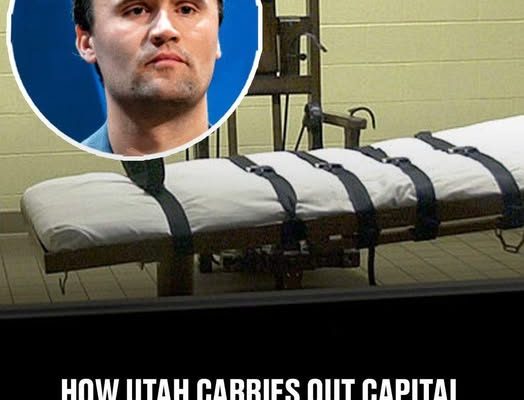The assassination of conservative activist Charlie Kirk has reignited debate over Utah’s death penalty. Tyler Robinson, 22, was arrested in connection with the killing at Utah Valley University, prompting questions about whether prosecutors will seek capital punishment. Utah is one of 27 states where the death penalty remains legal, with lethal injection as the default method and the firing squad as a rare alternative. This unusual option, rooted in the state’s frontier history, continues to draw both fascination and criticism from legal experts and the public alike.
Under Utah law, the death penalty is reserved for cases of aggravated murder, which include premeditated or deliberate killings, or actions that place others at significant risk of death. In Robinson’s case, prosecutors cite the crowded university courtyard where the shooting occurred, arguing that multiple people were endangered by the act. The single bullet that struck Kirk amidst nearly 3,000 attendees demonstrates the potential for widespread harm and forms part of the argument for pursuing the harshest sentence available under state law.
Governor Spencer Cox emphasized that Utah would apply the full extent of its legal system, reminding the public that capital punishment remains a tool for the most serious crimes. Former President Donald Trump also publicly called for execution, intensifying debate over potential political influence on legal proceedings.
Practical realities, however, complicate matters. Utah currently has four men on death row, and no executions have taken place since 2010. Decades of appeals, legal challenges, and health concerns often delay executions indefinitely. Even if Robinson is convicted and sentenced to death, the process would likely be lengthy and uncertain. His case now tests Utah’s capital punishment system, highlighting the tension between public demand for justice and the legal, procedural, and moral complexities of carrying out the death penalty in modern America.



